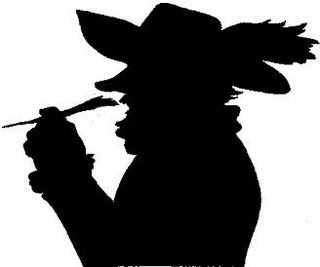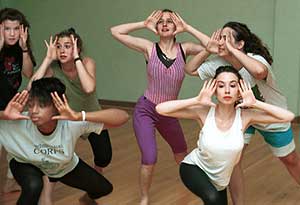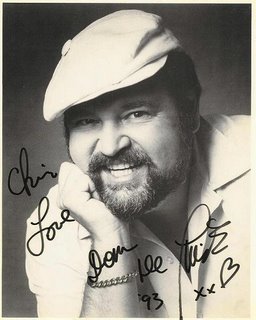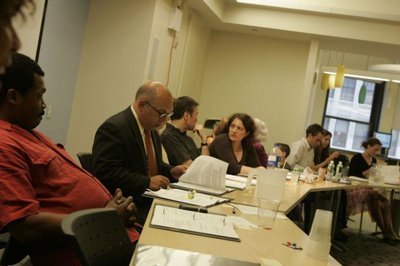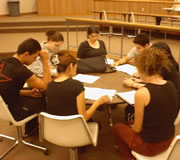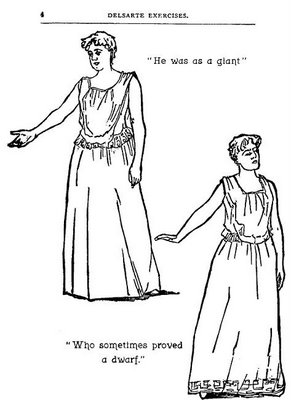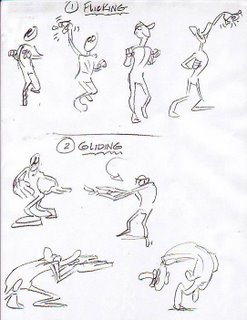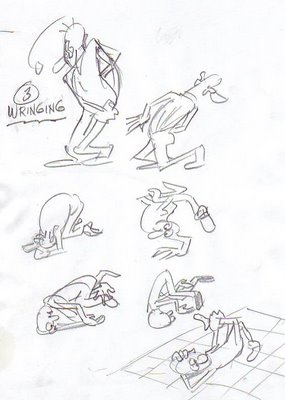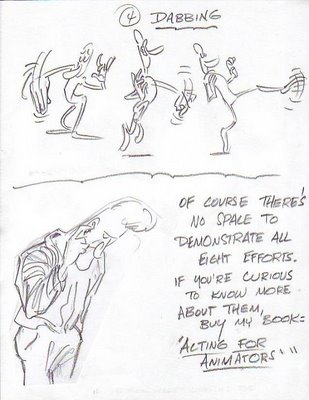
"It's a Wonderful Life": the film is falling out of favor lately, largely because it's been on the vintage favorites list for a long time and people are looking for something new. Too bad, it's a great film. Anyway, I brought it up because I want to talk about one of my favorite sequences in the film, the one where Potter tries tries to buy off George Bailey with the promise of a high-paying job.
It's an interesting sequence because Potter's been treated as a one-note villain up to this point so you'd expect him to play the sequence in a high-hatted, "Take this offer or else!" kind of way. Instead Potter uncharacteristically tries to sweet talk Bailey. Watch the clip. It begins 4 1/2 minutes into the video.

Did you watch it? What intrigues me about this is that it's a simple attempt at bribery that doesn't add anything to the story, yet it manages manages to be one of the best scenes in the whole film. Think about it. We already knew that Bailey and Potter were enemies. We already had abundant evidence that Bailey preferred integrity to money. The sequence tells us nothing new, and yet....


What I'm going to argue here is that the sequence exists for a theatrical reason. Up till now the Potter part of the story simply laid down information. It took great pains to let us know who the good and bad guys were. That's fine so far as it goes, but live theater people know that audiences crave scenes where they can boo the villain...where they're tempted to yell, "Don't go in there, Dick! he's got a gun!" Even in the middle of a story, they want sequences that end with the patriotic triumph of right exemplified with angelic choirs waving the flag and the villain being hissed off the stage.


Not only that, but actors need scenes where they can shine and not simply be pawns racing ahead to the next plot point. In this sequence Barrymore gets to be sunny for a while. This means he can anchor his performance in a deliberately insincere sing-song, which live audiences love to re-act to, and actors love to play.





